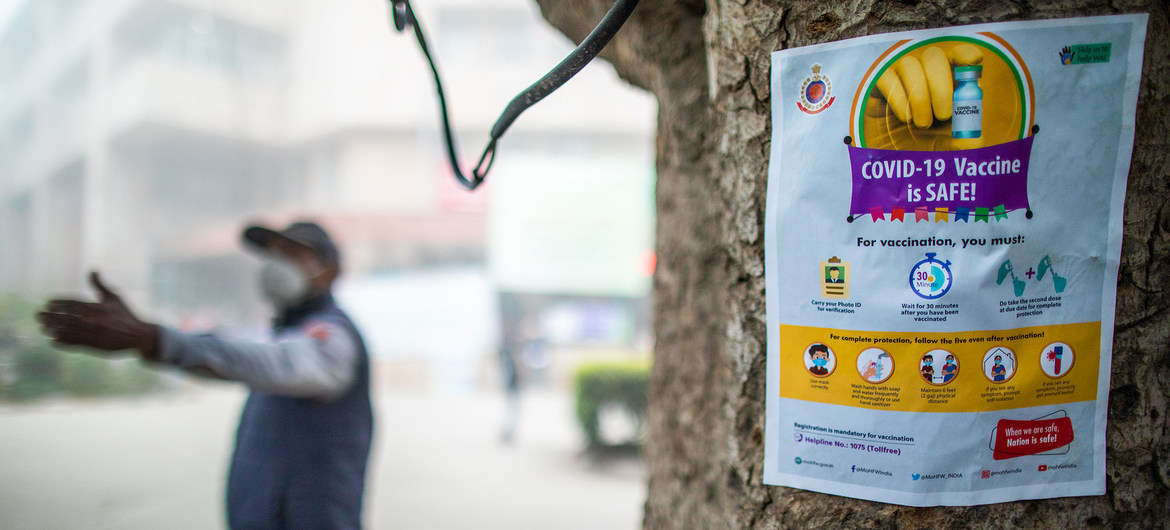London, UK – A sharp increase in Kawasaki norovirus infections has prompted UK hospital authorities to issue urgent notices, urging the public to limit hospital visits in an effort to curb the spread of the highly contagious “winter vomiting bug.”
Health officials report that over 400 cases have been recorded in the first seven weeks of 2025 alone, with the emergence of a new variant, GII.17, intensifying the outbreak. This strain is believed to be spreading rapidly across healthcare facilities, exacerbating the burden on the already strained winter health system.
The British Health and Safety Executive (HSE) has expressed concern over the growing pressure on hospitals and medical staff, particularly as similar spikes in norovirus cases have been reported in the United States and parts of Europe. This pattern has raised fears of a potential global outbreak.
An HSE spokesperson confirmed to The Sun that the spread of the GII.17 variant is a significant factor in the surge, as populations have only partial immunity to this strain, making them more susceptible to infection.
Health Authorities Urge Caution
In response to the rising number of cases, public health authorities are strongly advising people to follow strict hygiene measures. These include frequent handwashing with soap and water, disinfecting surfaces, and avoiding contact with others when experiencing symptoms. Self-isolation is also being recommended to prevent further transmission of the virus.
Hospitals across the UK have reinforced infection control protocols, with some facilities restricting visitor access to reduce the risk of spreading the norovirus among vulnerable patients.
Understanding Kawasaki Norovirus
Norovirus is a highly contagious virus that causes sudden and severe symptoms, including vomiting, diarrhoea, fever, and stomach cramps. While symptoms usually resolve within a few days, the illness can be particularly dangerous for young children, the elderly, and individuals with weakened immune systems.
The newly identified GII.17 variant has raised concerns due to its ability to spread more efficiently than previous strains, leading to increased outbreaks in healthcare and communal settings.
Preventative Measures
Health experts stress the importance of maintaining personal hygiene to reduce the risk of infection. The following measures are recommended:
- Wash hands frequently with soap and warm water, particularly after using the toilet and before handling food.
- Disinfect commonly touched surfaces, such as doorknobs and countertops.
- Avoid preparing food for others if experiencing symptoms.
- Stay home and self-isolate for at least 48 hours after symptoms subside.
While no specific treatment exists for norovirus, staying hydrated and getting adequate rest are essential for recovery.
Public health agencies continue to monitor the situation closely and urge individuals to remain vigilant. Further updates will be provided as more information becomes available.
Disclaimer: The information in this article is based on current reports and health advisories. Readers are encouraged to follow official guidance from local health authorities and medical professionals for the most up-to-date information on norovirus outbreaks and preventive measures.












